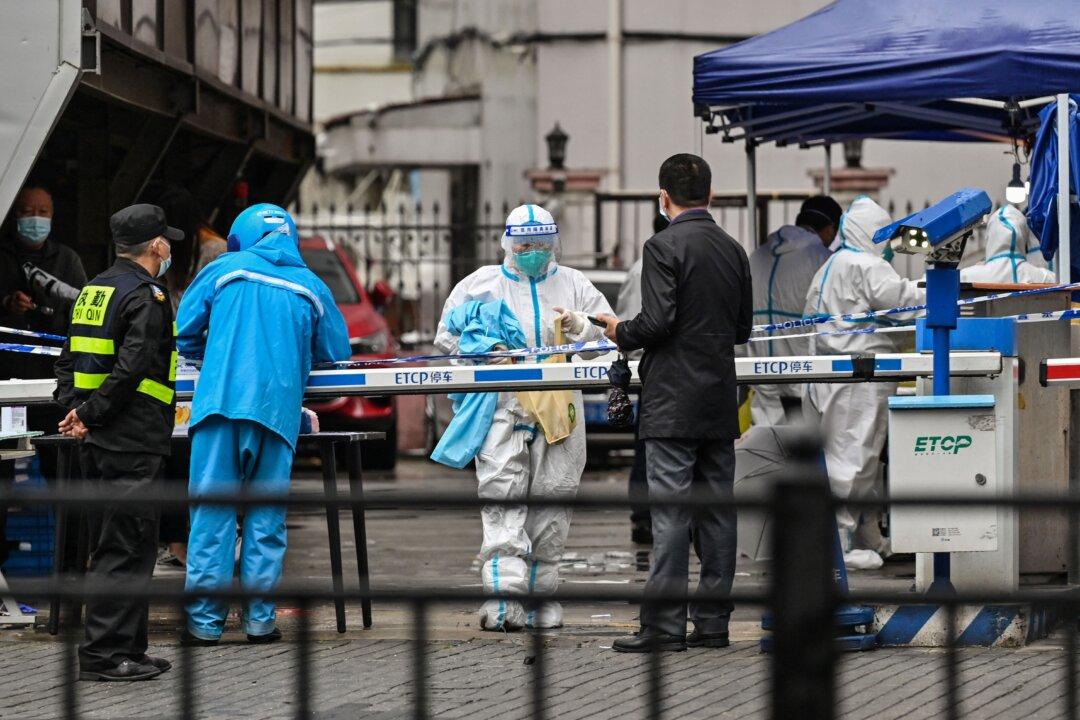The COVID-19 outbreak is worsening in mainland China and the reported number of cases continues to rise. The daily infection numbers in Shanghai continue to set new records. Some local residents said many areas of Shanghai is in a lockdown, and real infection numbers could be several times more than the official reports.
On March 23, the Chinese communist regime reported a total of 4,937 COVID-19 new infections in mainland China. Among them, the number in Shanghai hit new heights again, with 981 reported local cases, 977 asymptomatic.




